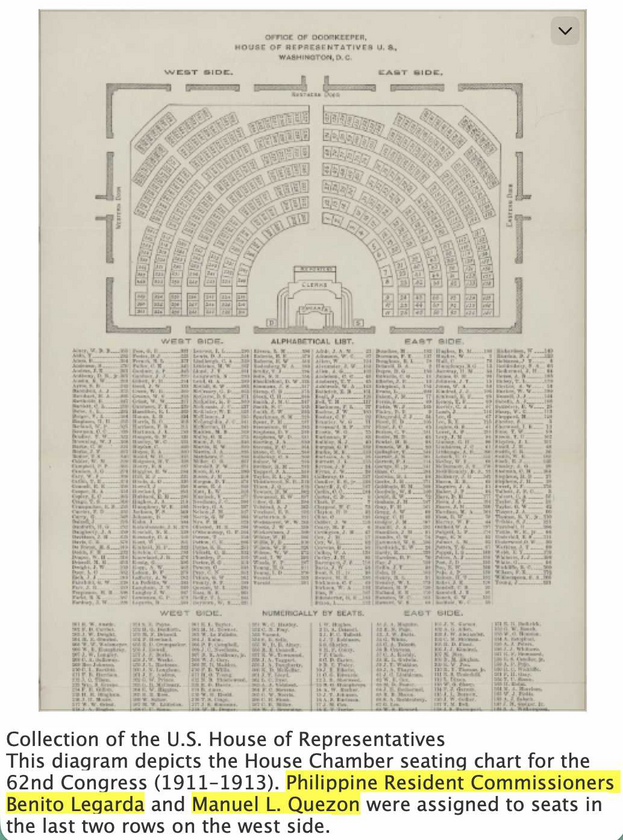You can listen to the Politics by Faith podcast anywhere, but the ad-free version, the day before, with the transcript, is only on MikeSlater.Locals.com. Thank you for subscribing!
The root of our political and cultural differences is in the question: are people born good or born sinful? Today we talk about foreign policy and education and raising children. Why are we so far off track on all of this? Because we can't agree on the root question.
Morning. Welcome to Morning Motivation, brought to you by Patriot Gold Group and the Public Square app. Thanks for being here. This week we're talking about, are people born good or are people born sinful? I believe that is the greatest chasm in our culture. Most people think, even most Christians think, that people are born essentially good, and I'm here to suggest that you need to pick one of those, and depending on which one you pick, your worldview will go in entirely different directions. Yesterday we talked about crime. If you think that people are born sinful, then someone commits a crime, and you're like, yeah, of course. Of course people commit crimes. People are sinful. What do we do about it? We punish them. But if you think that people are born good, then someone commits a crime. Well, something went wrong. Something went horribly wrong. What's to blame? What's to blame for? Poverty is to blame. Oh, there's not enough job opportunities. Oh, it's oppression. Oh, it's... Oh, what... Okay, what do we do with the person now that they committed the crime? Oh, well, we need to tap into their good heart. We need to help them connect with their inner child. Help them find the goodness within their true selves. See the difference? So depending on where you end up on that issue, if you show me someone who believes in all this prison reform stuff, I guarantee you they think that people are born good. That's where that comes from. And it applies to everything. Every policy difference we have in our country can be tied back to this. Foreign policy, of course. We need to be nice to the nations of the world. If only we were nicer, then they'd be nicer to us. That was the British approach to Hitler. Let's meet with him. Let's talk to him. Let's find our similarities. Maybe he'll change his ways. We called it appeasement. How did it go? It's based off this idea that human beings are essentially good. You just have to appeal to their goodness. And with all these, by the way, if it doesn't work, if this appeal to one's goodness doesn't work, well that's just proof that you need to do it even more. So no matter how much it fails, and it will, that's just reinforcing, you just need, that's proof that you didn't do enough of it. We were talking on the San Diego show the other day about a new law in California that every public school, public and charter school, seventh, eighth, and high school has to provide free condoms. Free condoms for all 7th, 8th, 9th, 10th, 11th, 12th graders in California. And it's because STDs are going up. They call them STIs now. It's more politically correct. STDs are going up. And then to a progressive, you're like, well why are STDs going up? They're like, well we don't have enough sex education. Or maybe you have too much sex education. No, no, no, we need more. Something's broken, there's a glitch in the matrix, we need more, more, more, more to fix it. It's like, oh, maybe you're causing it, and maybe this is all just making it worse. This also applies to how people raise children and how we discipline our kids. Let's focus on educating first. So we used to teach kids in a very disciplined, rote way. Why? Because we knew that kids were little gremlins. Little kids, when given a leash, will run around crazy and will not learn. So we sat kids down and you will learn this and you will memorize it and you will repeat it.
0:03:55
And it worked. And then we decided that that was mean. We didn't decide to stop doing education that way because it wasn't working. We stopped doing it that way because it was mean. It prevented kids from reaching their full potential and not their full potential, their full personalities. Their personalities weren't being formed for some nonsense. And now education is all about, it's child led. It's child-led. It's whatever the kid wants to learn. It's how they want to learn, how they want to grow. It's all very new-age hippie stuff. And I say no, we need to raise kids up. We need to call them higher. We need to be the adults who teach them, who direct them. How's this new method gone by the way? Are kids smarter? Can any high schoolers tell you how many states there are in the country? They do this survey every year. They ask, it was like 40,000 adults, it was a lot. Ten basic US history questions. How many do you think passed? Oh, by the way, passing was six out of ten. Okay, so in a sane world, passing would be nine out of ten. There would be one out of the ten questions that you're like, oh, yes, of course, I forgot that, yes. There'd be one question like that. But no, passing is six out of 10. And I would say, in a sane nation, in a healthy, thriving nation, if you had to get nine out of 10 right, I would think 92% of people would pass. You'd get about 8% of people who don't know anything, they get three wrong and they'd be the idiots. But nope, in America, six is passing and only 36% pass. So maybe we should get back to educating our kids with direction and order and focus and than their natural instincts can accomplish on their own. And it's the same with disciplining a child. All this new age child disciplining stuff, what are you kidding me? This is all based off of this new age philosophy nonsense that kids are born good. Kids are not born good. Folly is bound in the heart of a child. Oh, but we don't hurt their feelings. It's like, yeah, I mean, you don't like want to crush their soul, right? But you need to discipline because we got to knock that folly out. So it's everywhere. And that's all I wanted to prove this week was that this is a massive chasm, I would say the biggest chasm. So let's be on the lookout and if you can see any other examples you've come across any other examples of Policy or cultural differences in our country That if you trace its root back it comes back to this are you born good you born sinful Maybe to some people doesn't seem like a big difference But I would say it's the biggest difference because it sends you on massively different trajectories. So if you come across any, shoot me a note on Locals, or you can send me an email, slaterradio at gmail.com as well. The difference between being born good or born sinful, and where does that lead us? Tomorrow, we'll bring this all around to the ultimate reason why we need to understand this difference. We'll do that tomorrow. Mike Slater dot locals dot com. Commercial free the night before. Commercial free the night before. And transcript, Mike Slater dot locals dot com.













